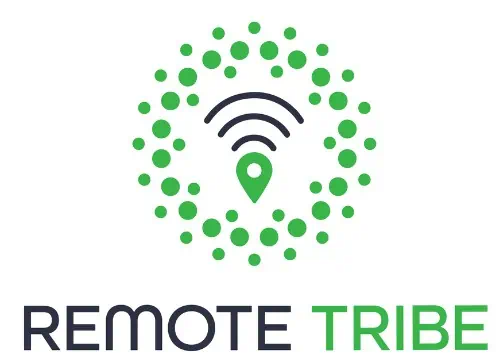The fight for attracting Digital Nomads continues in 2021.
After Georgia, Iceland and even Barbados announcing their digital nomad programmes, more countries are jumping on the band wagon.
Thailand , one of the favourite digital nomad hotspots, is considering changes to the SMART VISA to include digital nomads in it. This would allow 4 years stay without a work permit.
On December 15, Thailand’s Board of Investment (BOI) suggested changes to the Smart Visa requirements so digital nomads and remote workers are allowed to stay up to 4 years in the country without a work permit.
To be eligible, applicants must have an employment contract with a foreign firm lasting at least six months and proof of qualifications and professional experience. BOI partners will help in screening their professional backgrounds.
Currently, Thailand offers four types of smart visa – the SmartT for talent, Smart E for executives, Smart I for investors, SmartS for start-ups and SmartO for family members.
The holders are permitted to stay up to four years in Thailand without a work permit. The visas also allow travel in and out of the country, as well as fast-track privileges at airports. Right now, a lot of digital nomads must do a border run every few months to hop from one short-term tourist visa to another.
More about the Smart Visa
The Smart Visa was initially opened in February 2018. The Smart Visa is a new type of visa specially designed to attract highly skilled manpower, investors, executives and startups entrepreneurs wishing to work or invest in the following targeted industries in the Kingdom of Thailand. Smart Visa holders will be granted maximum 4-year permission to stay, exemption from the work permit requirement and entitled to additional privileges.
Holders are permitted to stay up to four years in Thailand without a work permit. The visas also allow travel in and out of the country, as well as fast-track privileges at airports.
If you want to know more about how to work in Thailand legally as a digital nomad at this moment, check out this great guide.










